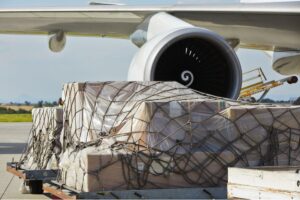Unguja. The Zanzibar Commission for Tourism (ZCT) has conducted a one-day workshop to provide tourism stakeholders with knowledge about the Greener Zanzibar Campaign, The Zanzibar Sustainable Tourism Declaration and sustainability in general.
The workshop held yesterday in Unguja saw stakeholders gathered to deliberate on ways to ensure the sustainability of the tourist industry, which accounts for 30 percent of Zanzibar’s gross domestic product (GDP).
The focal point of the workshop was the Greener Zanzibar Campaign, an initiative poised to transform the prospects of tourism by promoting sustainable practices.
The stakeholders discussed various issues that will boost sustainable tourism practices, including sustainable sourcing of food from sea and land and effective management of waste sustainably.
Other issues discussed were the preservation of natural spaces and ecosystem restoration, promotion of local Zanzibari culture, knowledge and expertise, and reduction of greenhouse gas emissions in operational activities.
Speaking at the workshop, ZCT’s executive secretary, Ms Hafsa Mbamba, urged investors to focus on sustainable tourism in order to align with climate change adaptation.
Furthermore Ms Mbamba said this is not first kind workshop as ZCT is focused on conducting these workshops to provide education and create awareness for tourism businesses.
ZCT’s marketing director, Rahma Sanya said the workshops will be held to other regions as of now they have conducted in Kaskazini, Kusini and Mjini Magharibi where they invite government and private institution to come together to discuss about sustainable tourism.
In a bid to improve tourism and environmental conservation, the government of Zanzibar, under his ministry, has introduced two key campaigns: The Greener Zanzibar and the Zanzibar Tourism Declaration.

The Greener campaign aims to ensure that every hotel adheres to sustainable investment principles, focusing on clean water conservation, wastewater management, and sustainable electricity use.
Suleiman Ally Mohammed one of the attendee commanded ZCT for conducting that workshop saying it had provided them with knowledge on how they can do tourism activates while protecting environment especially in waste management.















